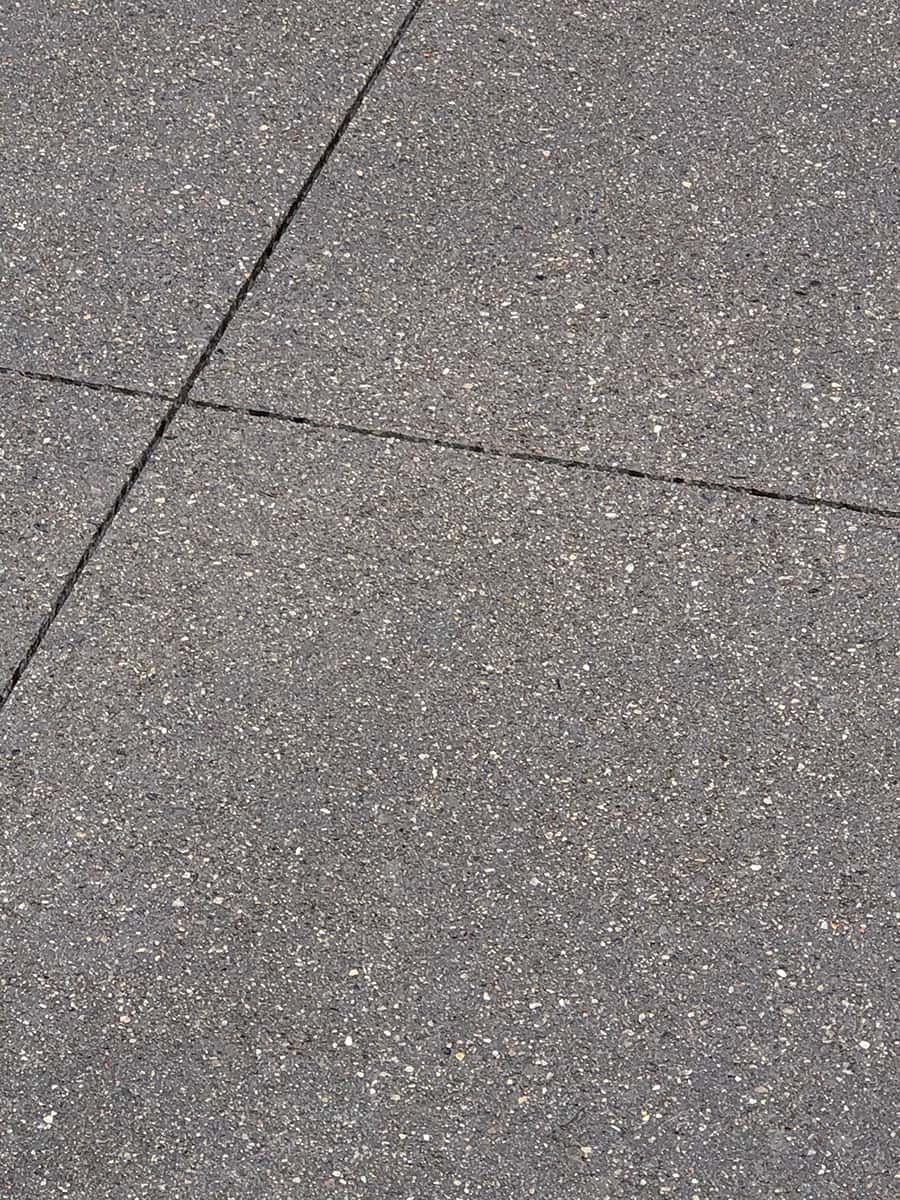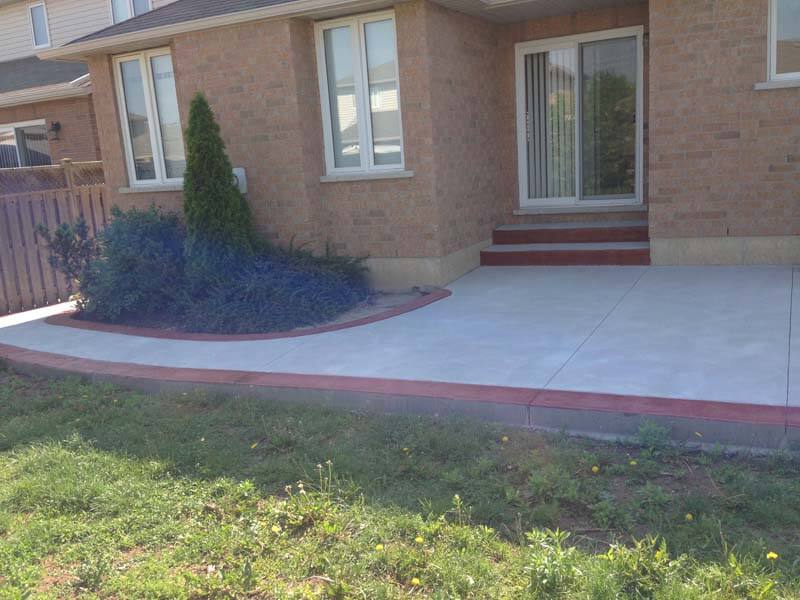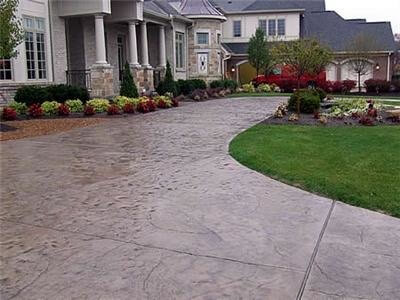When it comes to concrete construction, whether it’s a sleek patio in your backyard or a heavy-duty commercial lot, there’s more to a flawless finish than just mixing and pouring. One of the most critical yet often overlooked components of concrete work is the humble expansion joint. It might not look like much, but it plays a big role in the longevity and durability of your concrete surfaces.
In this blog, we’re diving into what expansion joints are, why they’re essential, and how expert installation from Mike’s Concrete Ltd. ensures your concrete stands the test of time.
What Are Expansion Joints?
Concrete might seem like the ultimate solid, but it’s actually a bit of a shape-shifter. As environmental temperatures rise and fall, concrete expands and contracts. This movement, although minimal to the naked eye, can cause significant stress beneath the surface.
Expansion joints are intentional, pre-planned separations between sections of concrete that allow for this movement. These joints act like “shock absorbers,” giving concrete the space it needs to shift without cracking or damaging surrounding structures.
Materials Commonly Used
Expansion joints can be made of a variety of materials depending on the project needs:
- Rubber: Flexible and durable, ideal for high-movement areas.
- Fiberboard: Common in residential projects, biodegradable over time.
- Plastic or Vinyl: Weather-resistant, often used for decorative concrete.
- Metal: Used in commercial or industrial spaces for added strength.
Why Are Expansion Joints So Important?
Without expansion joints, concrete is more likely to:
- Crack prematurely due to thermal stress.
- Warp or buckle under pressure.
- Develop unsightly or unsafe surfaces over time.
Expansion joints are not optional, they’re essential to any well-constructed concrete surface.
Here’s what they help with specifically:
1. Thermal Expansion and Contraction
Temperature changes are the biggest culprit for shifting concrete. Expansion joints allow the slab to “breathe,” preventing surface stress and fractures.
2. Moisture and Humidity Fluctuations
Water absorption causes concrete to swell. Later, as it dries, it shrinks. Expansion joints accommodate this movement, reducing internal stress.
3. Soil Settlement and Load Stress
For driveways, garages, or parking lots that bear heavy loads, the ground beneath can shift slightly over time. Expansion joints absorb some of the resulting pressure and movement.
Types of Expansion Joints in Concrete
Not all expansion joints are created equal. Their placement and type depend on the function of the concrete surface. Here’s a look at a few key types:
1. Isolation Joints
These separate the concrete slab from other parts of a structure, such as walls or columns, preventing movement from transferring between connected elements.
2. Control Joints (Contraction Joints)
Although not technically expansion joints, these are often used in conjunction to control cracking. They’re strategically placed lines where cracks are encouraged to form in a controlled manner.
3. Construction Joints
Used when pouring concrete in stages. They allow for a clean break between old and new pours without sacrificing integrity.
Mike’s Concrete Ltd. specializes in determining the right mix of joint types to match each project’s unique specifications, ensuring both form and function are preserved.
Placement of Expansion Joints: Science Meets Experience
Proper placement is as important as the joints themselves. Industry standards often recommend placing joints at intervals of:
- 8–12 feet for standard slabs
- 20–25 feet for industrial or commercial floors
- Along structural features like corners, columns, or near plumbing
Improper placement can lead to:
- Irregular cracks
- Surface discoloration
- Shortened lifespan of the concrete
That’s why it pays to have a seasoned professional like Mike’s Concrete Ltd. handle the planning and execution. We combine technical knowledge with practical experience to make sure every inch of your concrete is built to last.
Benefits of Professional Installation from Mike’s Concrete Ltd.
Here’s what sets Mike’s Concrete Ltd. apart when it comes to expansion joint installation:
Expertise You Can Trust
With years of hands-on experience, we understand the intricacies of local climate conditions and soil types, factors that directly affect concrete movement.
Residential & Commercial Solutions
From backyard patios and driveways to industrial floors and parking lots, we scale our services to meet your needs.
Long-Term Durability
Properly placed and installed expansion joints mean fewer repairs, longer lifespan, and better return on your investment.
Clean Aesthetics
We integrate expansion joints in a way that complements your design, not distracts from it. This is especially important for decorative or stamped concrete projects.
Common Questions About Expansion Joints
Can I install expansion joints myself?
Technically yes, but it’s not recommended. Misjudging placement or depth can lead to significant structural issues later on.
Do existing concrete surfaces need retrofitting?
In some cases, yes, especially if you’re noticing cracking, buckling, or heaving. Mike’s Concrete Ltd. offers inspections and repairs as well.
How long do expansion joints last?
Materials like rubber or plastic can last 10–20 years, but regular inspection is key. We recommend checking your joints annually, especially in high-traffic areas.
Final Thoughts: Small Detail, Big Impact
Expansion joints might seem like a small detail in a big concrete pour, but their impact is massive. They prevent cracking, preserve aesthetics, and extend the lifespan of your concrete surface, saving you money and stress down the line.
Whether you’re planning a residential driveway or a full-scale commercial slab, incorporating quality expansion joints is a smart move.
Ready to Build with Confidence?
Don’t leave the longevity of your concrete to chance. Contact Mike’s Concrete Ltd. today for expert residential and commercial concrete services you can trust. From driveways to decorative patios and industrial-grade slabs, we’re here to make your concrete strong, smooth, and built to last.
📞 Call us or request a free quote now, your concrete deserves the best!



